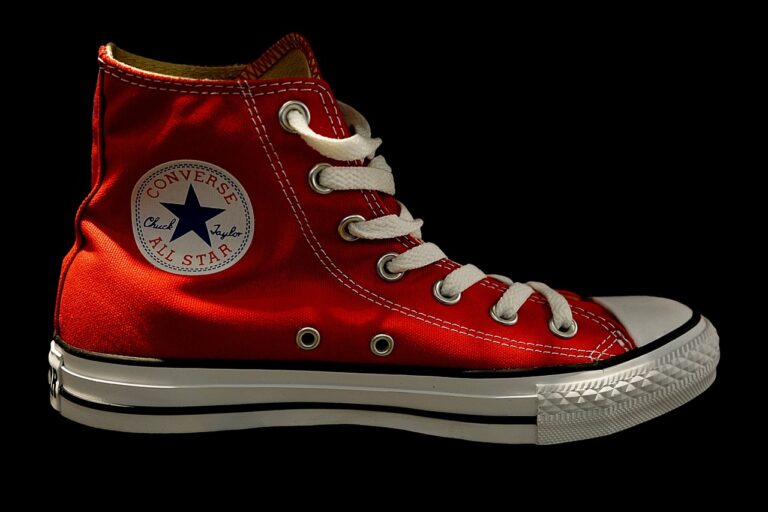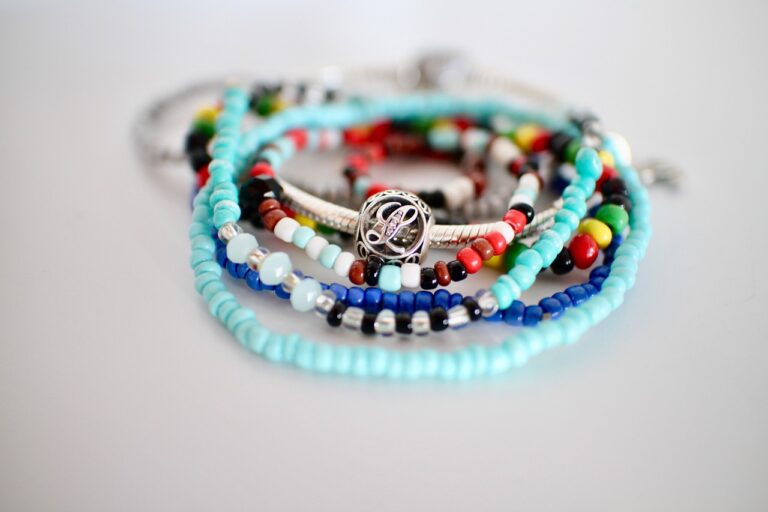Fashion Retailers’ Role in Promoting Sustainable Urban Development Policies: Allpannel, Lotus bhai, Allpaanel com mahadev book login
allpannel, lotus bhai, allpaanel com mahadev book login: Fashion Retailers’ Role in Promoting Sustainable Urban Development Policies
In recent years, there has been a growing awareness of the impact that the fashion industry has on the environment and society. From the production of clothing to the disposal of unwanted garments, the fashion sector has been associated with a range of environmental and social issues. Recognizing this, many fashion retailers are now taking steps to promote sustainable urban development policies that can help mitigate these negative impacts.
Sustainable urban development refers to practices that aim to create cities and communities that are environmentally friendly, socially inclusive, and economically viable. This approach recognizes the interconnectedness of environmental, social, and economic issues and seeks to address them in a holistic manner. Fashion retailers play a crucial role in promoting sustainable urban development policies due to their influence on consumer behavior, supply chain practices, and marketing strategies.
Consumer Behavior
One of the key ways in which fashion retailers can promote sustainable urban development is by influencing consumer behavior. Consumers are becoming increasingly aware of the environmental and social impacts of their purchasing decisions, and many are now looking for ways to support brands that align with their values. By promoting sustainable fashion practices, retailers can encourage consumers to make more informed and ethical choices when it comes to their clothing purchases.
Retailers can do this by offering sustainable fashion options, such as clothing made from eco-friendly materials or produced using ethical labor practices. They can also educate consumers about the environmental and social implications of fast fashion, encouraging them to buy fewer, higher-quality garments that will last longer. By promoting sustainable fashion practices and providing consumers with the information they need to make responsible choices, retailers can help shift consumer behavior towards more sustainable practices.
Supply Chain Practices
Another way in which fashion retailers can promote sustainable urban development is by improving their supply chain practices. The fashion industry is known for its complex and often opaque supply chains, which can involve multiple stages of production and distribution across different countries. This makes it difficult to track the environmental and social impacts of the clothing that retailers sell.
By working with suppliers who prioritize sustainability and ethical practices, retailers can ensure that their products are produced in a responsible manner. This can involve using eco-friendly materials, reducing waste and water usage, and ensuring fair labor practices throughout the supply chain. By promoting transparency and accountability in their supply chain practices, retailers can help to reduce the negative environmental and social impacts of the fashion industry.
Marketing Strategies
Fashion retailers can also promote sustainable urban development through their marketing strategies. By highlighting the sustainability of their products and processes, retailers can attract consumers who are looking for environmentally friendly and ethically produced clothing. This can include incorporating sustainability messaging into advertising campaigns, showcasing eco-friendly products in store displays, and partnering with sustainable fashion influencers to reach a broader audience.
By positioning themselves as leaders in sustainable fashion, retailers can differentiate themselves from competitors and appeal to a growing segment of environmentally conscious consumers. This can help to drive demand for sustainable products and encourage other retailers to adopt similar practices. By integrating sustainability into their marketing strategies, retailers can promote sustainable urban development and contribute to positive change within the fashion industry.
Conclusion
Fashion retailers play a crucial role in promoting sustainable urban development policies by influencing consumer behavior, improving supply chain practices, and integrating sustainability into their marketing strategies. By prioritizing sustainability and ethical practices, retailers can help to mitigate the negative environmental and social impacts of the fashion industry and promote a more sustainable future for urban communities. As consumer awareness of these issues continues to grow, retailers have a unique opportunity to lead the way in promoting sustainable fashion practices and driving positive change within the industry.
FAQs
Q: How can fashion retailers influence consumer behavior towards sustainability?
A: Fashion retailers can influence consumer behavior towards sustainability by offering sustainable fashion options, educating consumers about the environmental and social impacts of their purchasing decisions, and promoting responsible consumption practices.
Q: What are some examples of sustainable supply chain practices that fashion retailers can adopt?
A: Sustainable supply chain practices that fashion retailers can adopt include using eco-friendly materials, reducing waste and water usage, and ensuring fair labor practices throughout the supply chain.
Q: How can fashion retailers integrate sustainability into their marketing strategies?
A: Fashion retailers can integrate sustainability into their marketing strategies by highlighting the sustainability of their products and processes, incorporating sustainability messaging into advertising campaigns, and partnering with sustainable fashion influencers.







